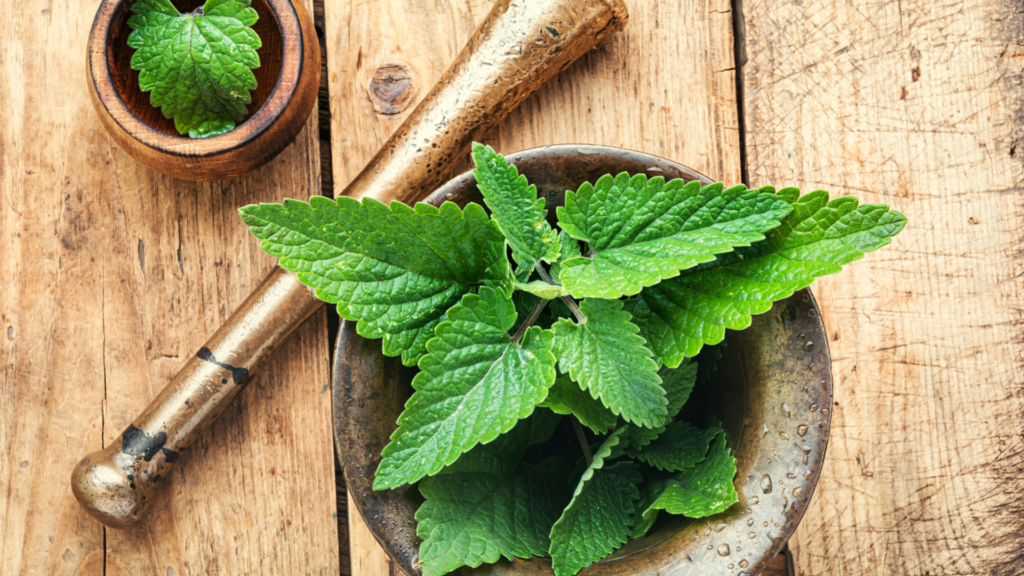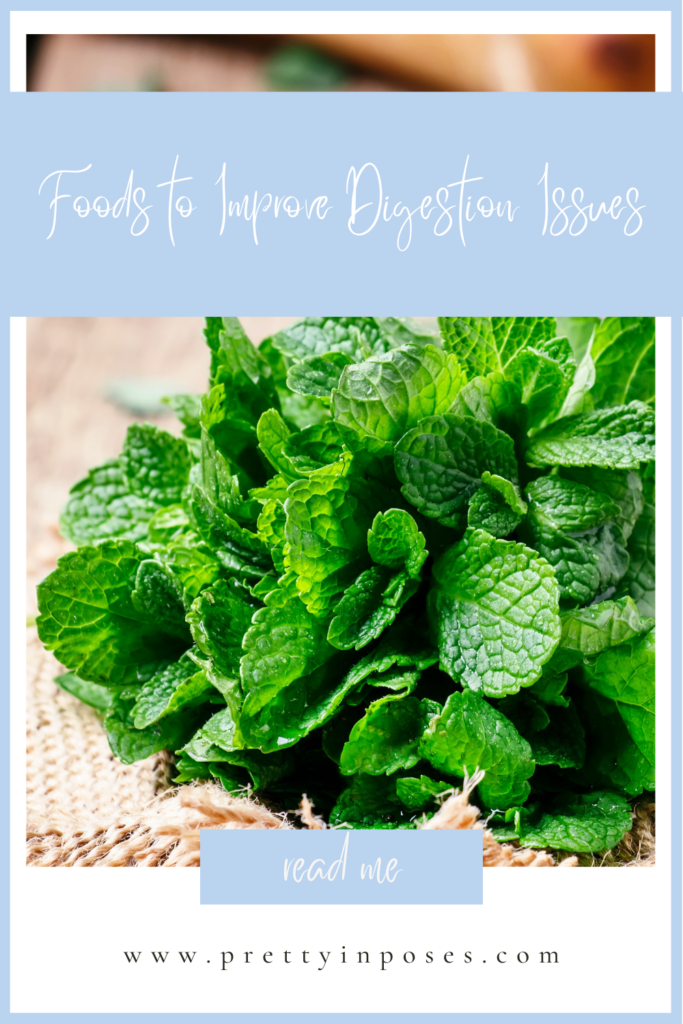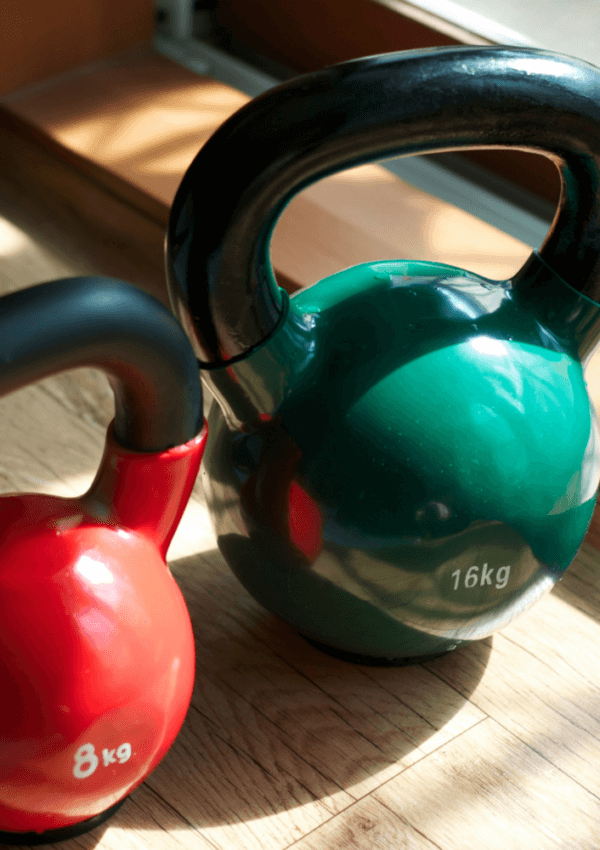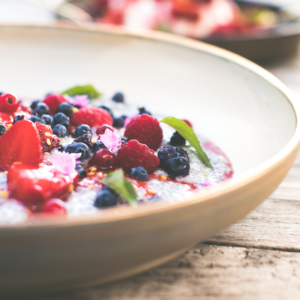This post discusses 13 foods to improve digestion issues.

Did you know many digestive issues could be avoided simply by eating a balanced diet?
That’s because 70% of our immune system resides in the gut, so, much of our overall wellness could actually depend on what we consume.
If you’re suffering from stomach problems or just looking for ways to maintain your gut health then you’re in luck!
Today, we’re exploring 13 foods to improve digestion issues.
Why People Have Poor Digestion
Good nutrition is important so the body can process food efficiently and absorb nutrients to support gastric health.
When your digestion is running smoothly, you are less likely to have uncomfortable issues like gas, bloating, or constipation.
These are signs that the body is having trouble digesting meals or eliminating waste.
If gastric problems continue or worsen, they may be symptoms of underlying digestive disorders like Irritable Bowel Syndrome (IBS) or Inflammatory Bowel Disease (IBD).
Digestive distress can occur for lots of reasons such as poor food choices, irregular eating habits, stress, lack of exercise, medications, and other medical conditions.
Therefore, it’s imperative to make decisions that will promote good digestion. This includes eating plenty of fiber-rich foods, staying hydrated, getting enough sleep, and finding ways to manage stress.
Foods to Improve Digestion Issues
Adding more foods that improve digestion in your diet is pretty easy. First, try to reduce your intake of poor dietary choices like processed foods, sugar, and alcohol.
Instead, include healthier options such as fruits, vegetables, and fiber in your meal plan.
If you’re not sure how to add types of foods into your diet, try these tips:
Start small, sprinkling a few items into your meals as you go.
Also, begin with breakfast since it allows you to be a little more versatile. In other words, you can have a sweet, savory, or liquid breakfast depending on your preference.
Once you’ve mastered your morning meal move on to lunch, snacks, and dinner.
Don’t be afraid to get creative in the kitchen. Try new recipes, experiment with different flavor combinations, and create something original.
Before long, you’ll see a noticeable difference in your digestion and overall health.
Yogurt
Yogurt is a source of probiotics which are live microorganisms.
These probiotics help balance the gut’s ‘good’ and ‘bad’ bacteria, supporting the immune system.
They may also soothe gastrointestinal (GI) problems such as diarrhea, constipation, and bloating while improving the body’s ability to absorb nutrients.
Bananas
Bananas are abundant in different nutrients like antioxidants and fiber. The fiber in bananas is a prebiotic so, it feeds the ‘good’ bacteria or probiotics in the gut.
Pectin, a fiber found in ripe and unripe bananas, may prevent constipation and help soften your stool.
This fruit is an ideal snack as it is easily digestible and can relax the intestines.
Peppermint
Peppermint leaves contain volatile oils such as menthol, menthone, and menthyl acetate which are responsible for its potent smell and aromatic properties.
This herb may soothe the digestive tract helping to relieve indigestion-like symptoms like gas, nausea, bloating, and indigestion.
Lentils
Lentils are loaded with vitamins, minerals, protein, and fiber. Their high fiber content fuels the ‘good’ bacteria promoting normal bowel movements and protecting the immune system.
Leafy Greens
Leafy greens like spinach, kale, collard greens, watercress, and chard are high in vitamins, fiber, and phytonutrients (antioxidants found in plants).
Some leafy greens (i.e., spinach and kale) provide great sources of folate, vitamin C, and vitamin K.
These nutrients feed ‘good’ bacteria supporting overall gut health.
Plus, the high potassium levels in leafy greens may ease symptoms of bloating.
Peaches
Peaches are packed with vitamins, minerals, antioxidants, and fiber.
The insoluble fiber in peaches adds bulk to the stool encouraging regular bowel movement while preventing constipation.
This fruit is also considered a probiotic, promoting the growth of ‘good’ bacteria.
Avocados
Avocadoes contain a wealth of nutrients, including magnesium, potassium, fiber, vitamin C, vitamin E, and vitamin K.
The rich fiber content helps make your stool soft and loose to promote healthy bowel movement.
The healthy fats such as monounsaturated fat, polyunsaturated fat, and omega-9 fatty acids inside avocadoes help reduce inflammation in the digestive tract.
Finally, avocados are also a prebiotic which contributes to overall digestive health.
Ginger
Although ginger is not a significant source of fiber, vitamins, and trace minerals, it does have a concentrated amount of antioxidants.
Ginger helps the body break down food and absorb its nutrients. It also reduces symptoms of indigestion like nausea and vomiting.
Lastly, this root promotes better digestion by making sure food doesn’t linger in one place too long.
Pineapple
Pineapples are a highly nutritious fruit.
Rich in vitamins, minerals, fiber, and antioxidants. It also contains an enzyme called bromelin which is useful for breaking down proteins in food.
This supports the digestive process and reduces symptoms of indigestion like bloating.
Moreover, pineapples contain insoluble fiber that encourages natural bowel movement, improving quality.
Kimchi
Kimchi is a probiotic food rich in vitamins, minerals, and fiber.
The amount of fiber supports good digestion by keeping the body regular and lactic acid (produced during fermentation) maintains the balance of gut bacteria.
Kimchi may also soothe inflammation in the stomach and help prevent damage to your intestinal lining.
Chia Seeds
Chia seeds are packed with vitamins, minerals, fiber, and antioxidants.
The soluble fiber inside these seeds can slow down digestion, enhancing nutrient absorption and promoting satiety.
The healthy fats in chia seeds may reduce gut inflammation, aiding in conditions like (IBS). Lastly, these seeds may help certain beneficial gut bacteria grow.
Whole Grains
Whole grains have an abundance of fiber, vitamins, minerals, protein, and antioxidants.
The fiber helps keep the body full longer, adds bulk to stool, and prevents constipation.
They are also prebiotics and support the growth of ‘good’ gut bacteria.
Broccoli
High in vitamins, minerals, and antioxidants, broccoli plays a role in maintaining the intestinal wall which protects against a condition called “leaky gut”.
The anti-inflammatory properties of broccoli may also prevent the growth of a certain type of ‘bad’ bacteria linked to stomach inflammation.
Eat Your Way to Gut Health!
So, that was 13 foods to improve digestion!
It doesn’t matter if you’re on a quest for better gut health or just want to keep things running smoothly downstairs, these tasty options have got you covered.
So, go ahead, and let these foods work their magic on your digestive system. Here’s to happy eating and a happier gut!

P.S.- IF YOU LIKED THIS POST, CHECK OUT SOME OF MY OTHERS: 5 HOME REMEDIES FOR INDIGESTION.






Leave a Reply